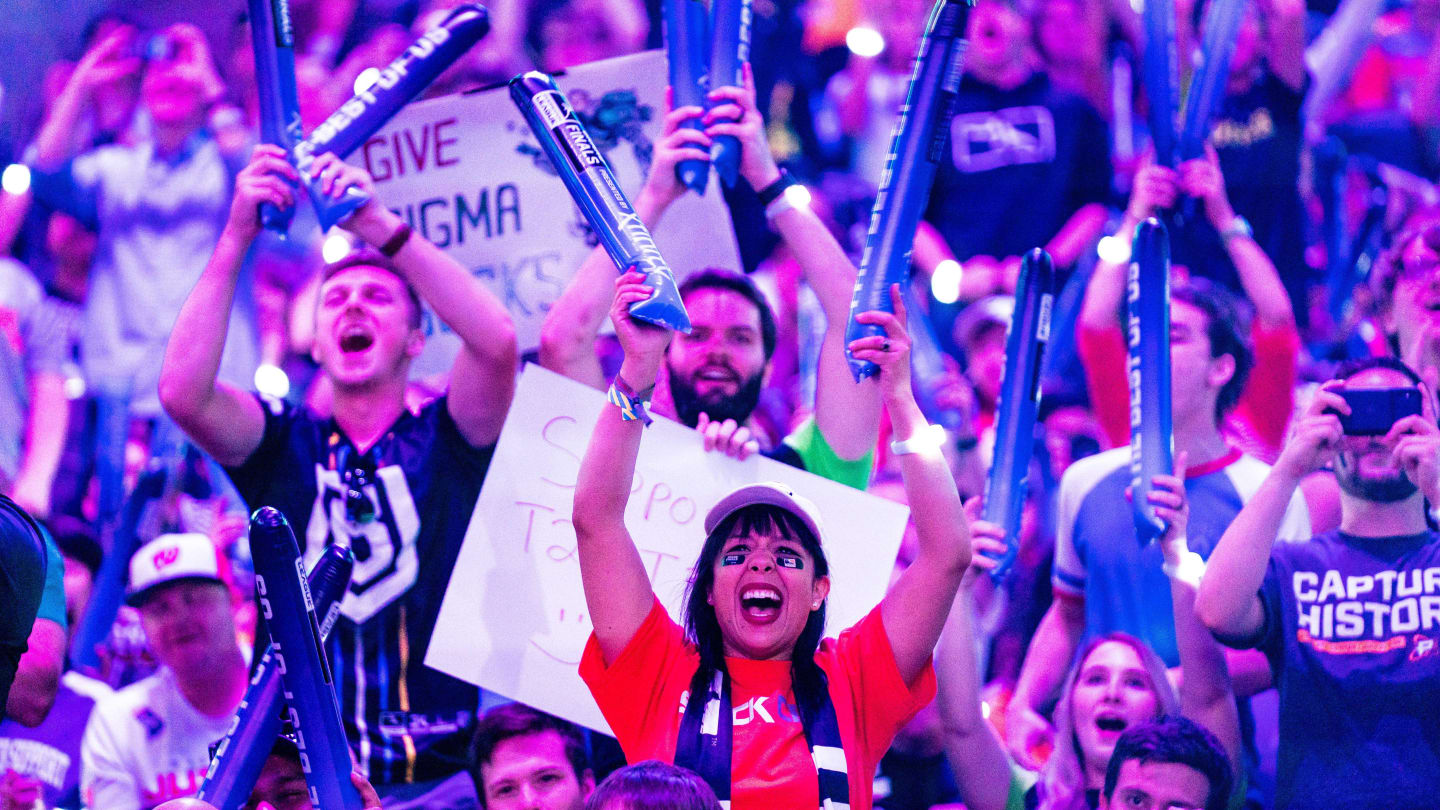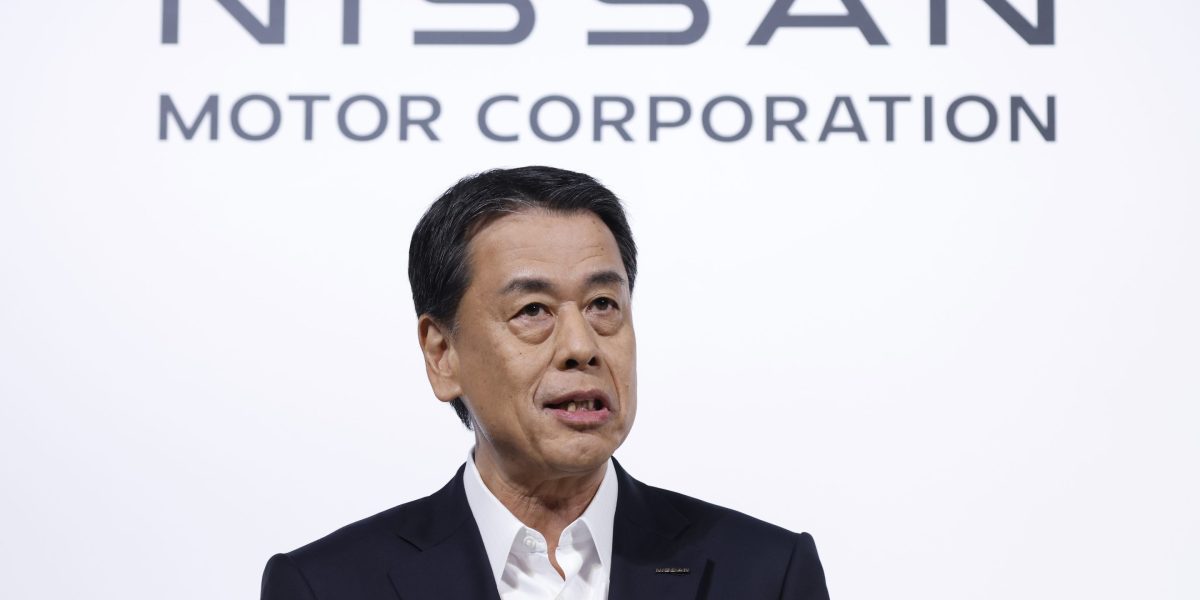Esports Betting: The Hurdles to Reaching Mainstream Success

The rise of sports betting in the United States since its legalization in 2018 has sparked excitement for the potential of esports betting. However, this burgeoning industry faces a unique set of challenges that need to be addressed before it can match the popularity of traditional sports betting.
While esports betting is now legal in 18 US states, it remains a complex landscape. Each state has its own regulations regarding betting, resulting in a patchwork of rules that act as barriers to widespread adoption. For instance, issues surrounding age restrictions and maintaining betting integrity are roadblocks to legalising esports betting across the country.
One significant hurdle is the age discrepancy between esports betting and daily fantasy sports (DFS). DFS, often considered a game of skill rather than chance, is legal for those aged 18 and over in most US states. Darius Gambino, a legal expert who spearheaded esports betting legalisation, highlights the key difference: "Most states consider fantasy sports betting to be a game of skill...You know, win or loss outcome is gambling. That's a game of chance. It's 50/50. One team's going to win. The other one's going to lose. With daily fantasy sports, you're betting on things like how many kills a professional player is going to get in a match." This distinction has led to concerns about the suitability of DFS for younger audiences compared to traditional betting.
Another challenge stems from the dynamic nature of esports. Unlike traditional sports, esports are constantly evolving, with teams, meta-gameplay, and even titles updating frequently. This volatility makes it difficult for betting operators to set accurate odds, requiring specific esports knowledge that may not be readily available to new bettors.
Further complicating the matter is the diverse and often fragmented tournament structure of esports. Some games, like Valorant, feature only a few major tournaments, making it easier for newcomers to understand betting opportunities. However, others, such as Counter-Strike 2, have multiple levels of tournaments, making it challenging for new bettors to navigate the betting landscape and identify high-stakes matches. This necessitates clear communication from game publishers about which tournaments are considered "AAA blockbusters," ensuring clarity for bettors and promoting consistent high-quality competition.
Match-fixing also presents a continuous concern within esports. While less prevalent in 2024, the infamous iBUYPOWER scandal in 2014, where a Counter-Strike: Global Offensive team deliberately lost a match for financial gain, serves as a stark reminder of the potential for integrity issues. Recent bans of professional CS2 players for match-fixing highlight the need for ongoing efforts to combat such practices and maintain the integrity of the esports betting ecosystem.
Problem gambling is another potential issue, particularly given the younger demographic of esports fans. However, responsible marketing practices can mitigate this risk. Platforms like Rivalry and Thunderpick employ influencers to promote their services but avoid encouraging excessive betting by showcasing bets with no monetary value or small stakes. Felicia Grondin, an expert on compulsive gambling, highlights the need for regulatory oversight: "Unregulated sites don't necessarily play by the same marketing rules...So there's more of an opportunity for kids to to hop on and to gamble as thereâs less restrictions." Fortunately, many esports betting sites are implementing tools to identify potential problem gamblers and provide support or intervene when necessary.
The future of esports betting is undeniably promising, but overcoming these challenges is crucial for its growth and mainstream appeal. While obstacles exist, ongoing efforts to address regulation, integrity, and responsible betting practices provide a clear path toward a mature and thriving esports betting market.





